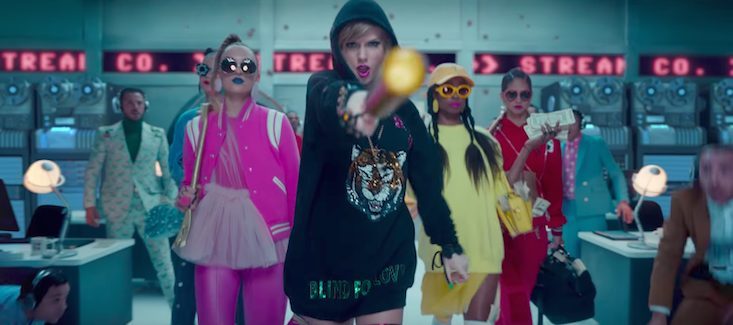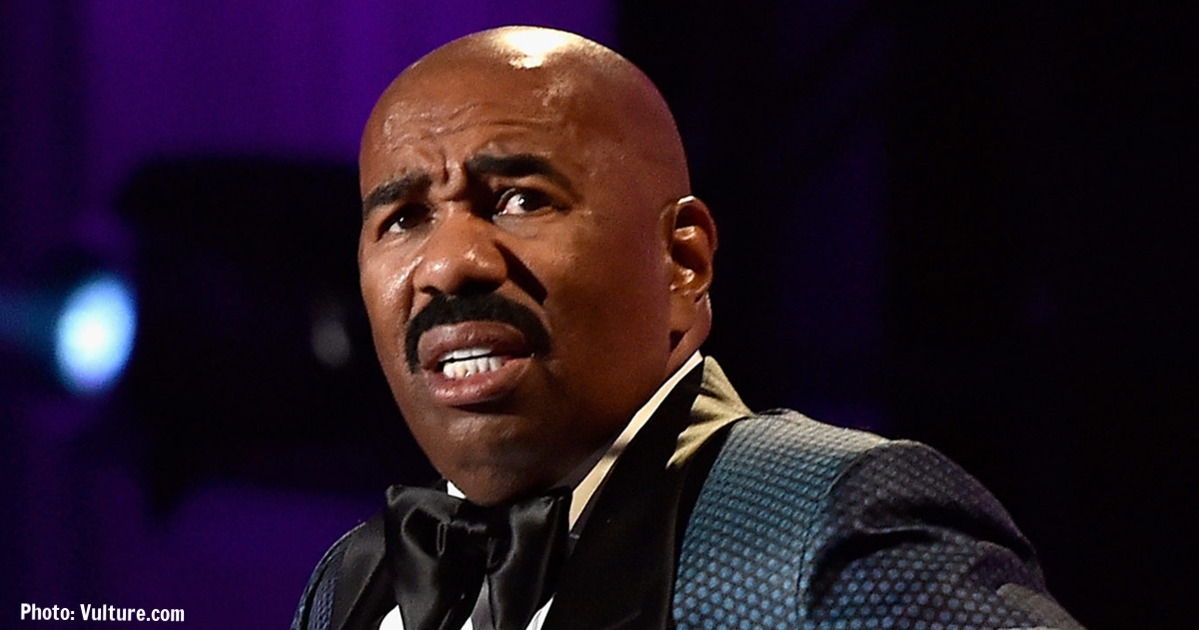The Caucasity of Joseph Kahn: Stealing Culture and Appropriating Blackness
It's always interesting and cute when white pepple appropriate black culture and work to revise history to make it seem like they created it. White people work really hard to create something new, and erase black people in the process.
Hairstyles, such as corn rows and dreadlocks, dashikis, music, dancing and Twerking, phrases such as On Fleek and Bye Felicia, and now…Beyoncé.
A whole ass white person (and an Asian person) are trying to appropriate Beyoncé, and it’s not cute.
The problem with appropriation is two-fold. Not only are you taking credit for something that isn’t yours, but you’re also stealing from an entire culture of people and erasing the struggle, significance, or unifying experience of the people they’re stealing from.
Which brings me to the sad ass and tired Joseph Kahn, the “LWYMMD” video director who copied images and style from Beyoncé’s “Formation” and ‘Hold Up” videos, but has the audacity to accuse Beyoncé of copying Taylor Swift’s “Bad Blood” video.
The Korean American music video director told the LA Times that he believes Beyoncé copied “Bad Blood,” during an interview discussing whether he copied Beyoncé’s “Formation” for her “LWYMMD” video.
"It’s not ‘Formation’ at all," Kahn said when the subject of his Twitter war with the Beyhive came up during a Times chat about "Bodied," his unapologetically brazen satire about race, hip-hop, cultural appropriation and freedom of speech.
"They try to say she’s wearing a black crop top and Beyoncé wore a black crop top. But they don’t realize in 2015 in ‘Bad Blood,’ Taylor Swift was wearing a black crop top. I really do think, by the way, that Beyoncé copied ‘Bad Blood.’ "
But Kahn has a clear history of appropriating culture, from Beyoncé—to African safaris (only using African here because it’s not clear where in the continent they are).
In 2015, Kahn directed Taylor Swift’s “Wildest Dreams” video which takes place in Africa, but doesn’t feature any black people. In the video, Swift is dressed in colonial-era style, and she and her boyfriend, fall in love amidst the backdrop of a romanticized African landscape featuring giraffes, lions, and zebras.
How idiotic would you have to be to create a video in Africa featuring no black people, but romanticizes a time where white people colonized, raped, dehumanized, enslaved, kidnapped, and erased entire nations of black people?
True, Swift should be able to use any backdrop or landscape for her music videos, but since she went out of her way to donate the money made from advertisements from the “Bad Blood” music video to African Parks Foundation of America, why not also show the park rangers (a majority of which are black) in the video?
Then, there are Kahn’s problematic Tweets about cultural appropriation and who should be allowed to appropriate who.
The problem Kahn doesn’t realize is that cultural appropriation involves a dominant group of people taking something from a marginalized group of people that they have oppressed, This also usually occurs without the struggle, experience, or stereotypes that come along with the appropriation itself.
Culture is nothing with experience, and the erasure of the black experience while appropriating our culture depicts how white people have made it impossible to live in white supremacist culture without assimilating into some forms of it while our own culture is stolen or erased.
Everyday Feminism has a really good example of how this happens.
But marginalized groups don’t have the power to decide if they’d prefer to stick with their customs or try on the dominant culture’s traditions just for fun.
When the last living survivors of massacred Indigenous tribes are fighting to save their language before it dies when they do, and Native students are suspended for speaking in their own Indigenous languages, mirroring the abusive US boarding schools that tried to wipe out Native American cultures up until the 1980s, it’s clear that not every person who speaks English does so by choice.
In other words, context matters.
What Kahn doesn’t realize when he says it’s hot to appropriate culture, is that he is encouraging the complete erasure of people from whatever is appropriated while also failing to realize these marginalized groups can’t just “take” white people’s culture for fun, but have done it out of necessity.
What is the most troubling about his statements are that they take on white supremacist and patriarchal ideals, even though he’s a part of a marginalized group who’s culture is often appropriated.
Lastly, and this isn’t exactly academic—but ain’t no way in hell Beyoncé is appropriating Taylor Swift. First of all, Beyoncé has nothing in her repertoire that even seemingly begins to copy anything Taylor Swift has done, and secondly, Taylor Swift is basic as hell and Beyoncé is everything.
Seriously though, Kahn has a history of imitating, copying, and making problematic statements about race and culture, so it’s no surprise he would stir the pot again to make headlines.



